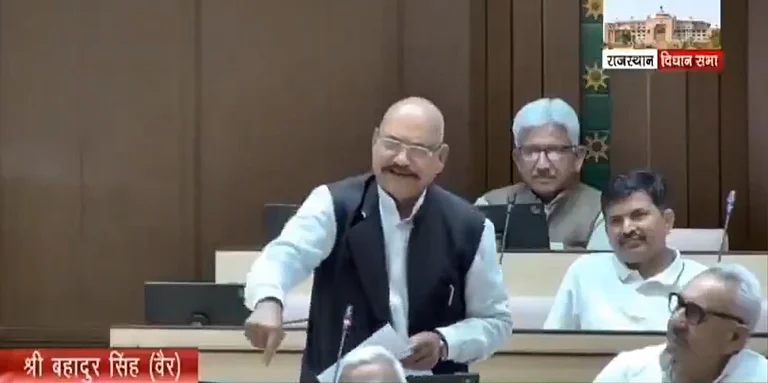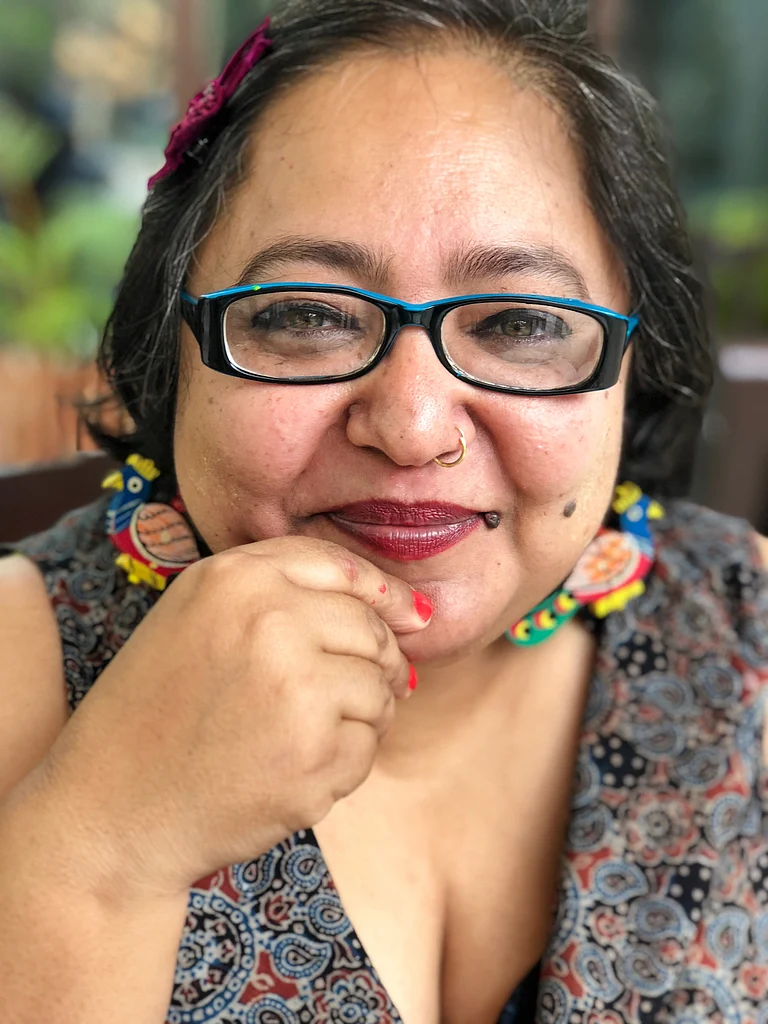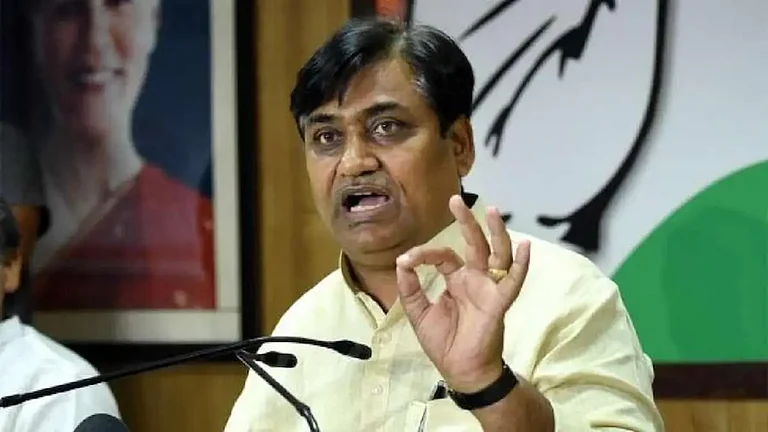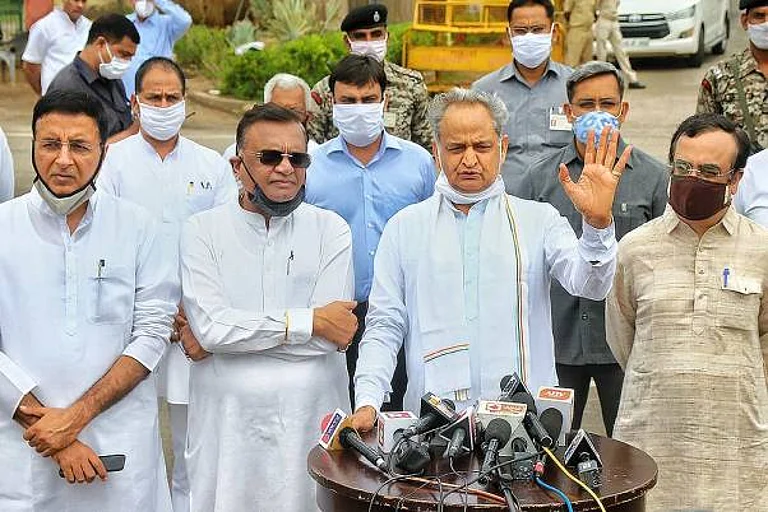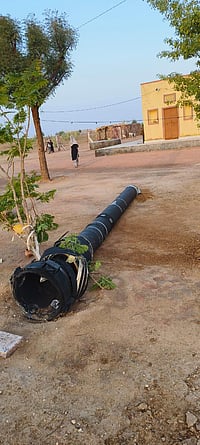The Ashok Gehlot-led Government of Rajasthan has said that legalising same-sex relationships will create imbalance in the social fabric, leading to widespread consequences for the social and family systems.
The statement by the Congress-ruled Rajasthan government comes in the midst of hearing of petitions seeking legal recognition of same-sex marriages in the Supreme Court.
Rajasthan was among the seven state governments that have submitted their stand on the issue of same-sex marriages to the Union government. As per the Centre’s submission, Rajasthan along with Assam and Andhra Pradesh have opposed it and four other states —Maharashtra, Uttar Pradesh, Manipur, and Sikkim— have sought more time to examine the issue.
What has Rajasthan government said?
The Government of Rajasthan said that a bureaucratic exercise in the state found that same-sex marriages are “not prevalent” and are “against public opinion”. Therefore, said the state government communication to Centre, there should not be a provision legalising such marriages.
Referring to the provisions and objectives of the Hindu Marriage Act, Muslim personal law, and the Special Marriage Act, the letter by Prakash Gupta, Principal Secretary, Department of Law, dated May 5, reads, “A report of the Department of Social Justice and Empowerment, Government of Rajasthan, says that same-sex marriages will create an imbalance in the social fabric, leading to widespread consequences for the social and family system.
“The government circulated letters to all District Collectors in the state to know their views. The Collectors came to the view that there should not be a provision regarding same-sex marriages as the practice is not prevalent and is against public opinion in the state.”
Gupta’s letter further states that if public opinion was in favour of same-sex marriages, the same would have been addressed by the assembly of the state or the Indian Parliament.
The letter also states that as per the census of 2011, the population of transgenders in Rajasthan is 16,500. However, later in a survey conducted by the Department of Social Justice and Empowerment with the Union Nations Development Program (UNDP), it was found that the state has around 22,517 transgenders.
The letter further refers to Navtej Singh Johar Vs Union of India judgement, which decriminalised homosexuality, and says, “As of March 31, 2023, there are 55,000 matters pending in the Rajasthan High Court. Hence, the state opposed same-sex marriages but said that it was not wrong for two homosexual persons to reside with each other.”
Activists question Rajasthan’s stand, term it insensitive
Terming the Rajasthan government’s reply as “insensitive”, Pushpa Gidwani of Nayi Bhor Sansthan, an organisation working on the upliftment of transgenders in Rajasthan, said, “Rajasthan government should have taken the opinion of the community members before sending their reply to the Centre. There was no need to hurry. They should have thought about the sentiments of the LGBTQ+ community instead of hurting their sentiments.”
Several noted activists also raised their concerns on social media soon after the news became public. Rajasthan-based lawyer and human rights activist Akhil Chaudhary “condemned” the stand taken by Gehlot government. He further said that the queer community feels “dejected” with the stand.
Anish Gawande, Founder of Pink List India, questioned whether Gehlot government’s stand reflected the position of the Congress party.
“Why has the Government of Rajasthan opposed marriage equality? Is this the official position of Rajasthan Congress? Does this also reflect the official position of Indian National Congress?” said Gawande on Twitter, Founder of Pink List India, the first archive in India that tracks the position of Indian politicians on LGBTQ+ issues.




